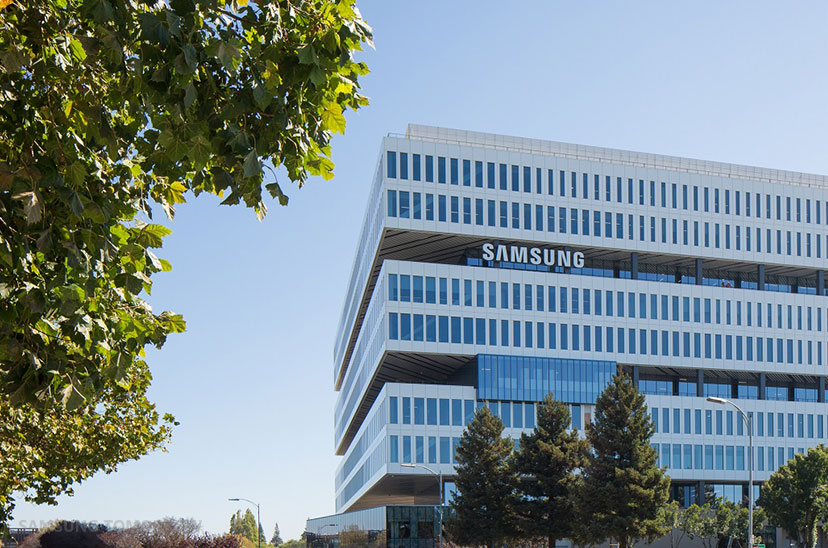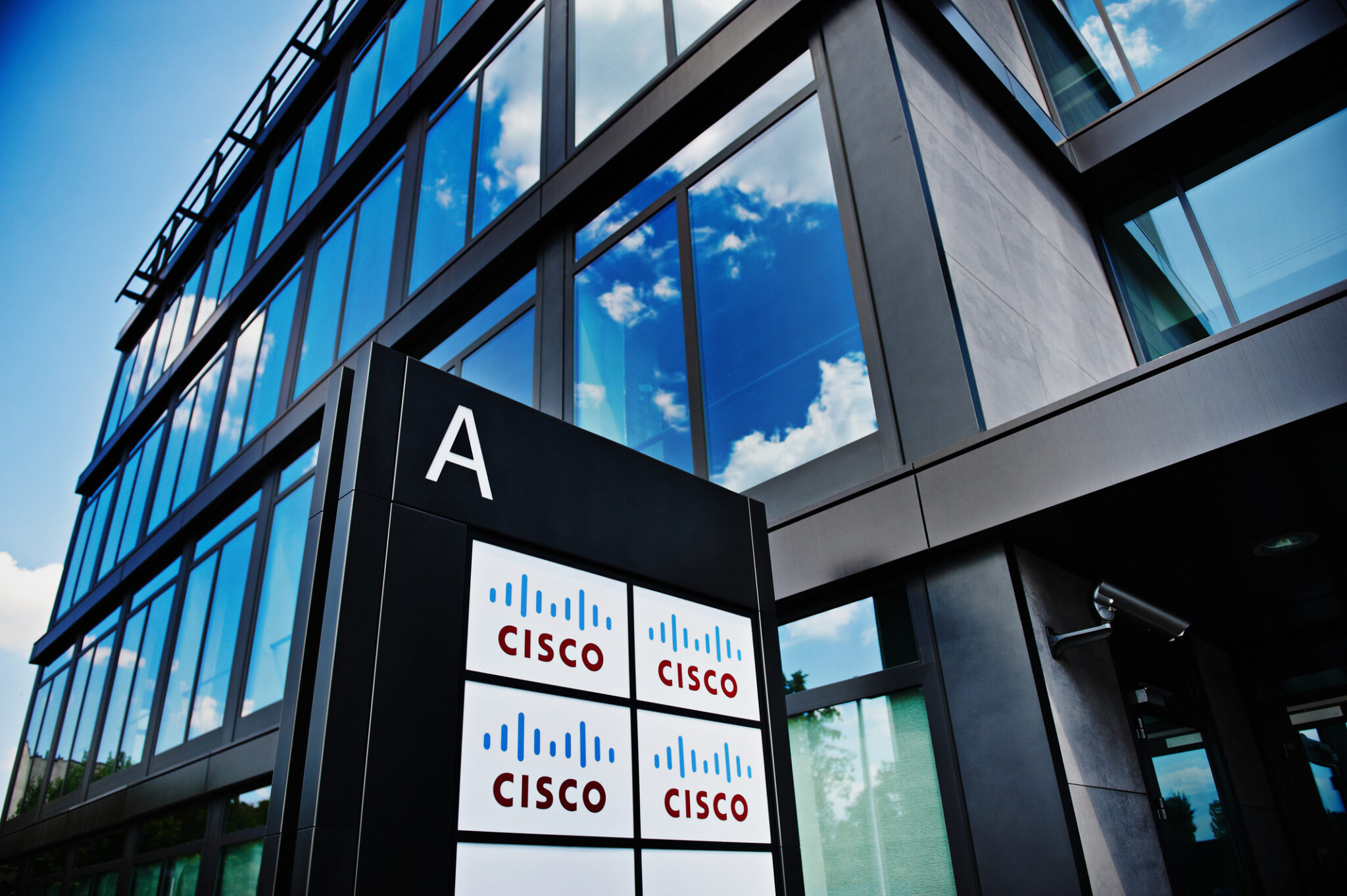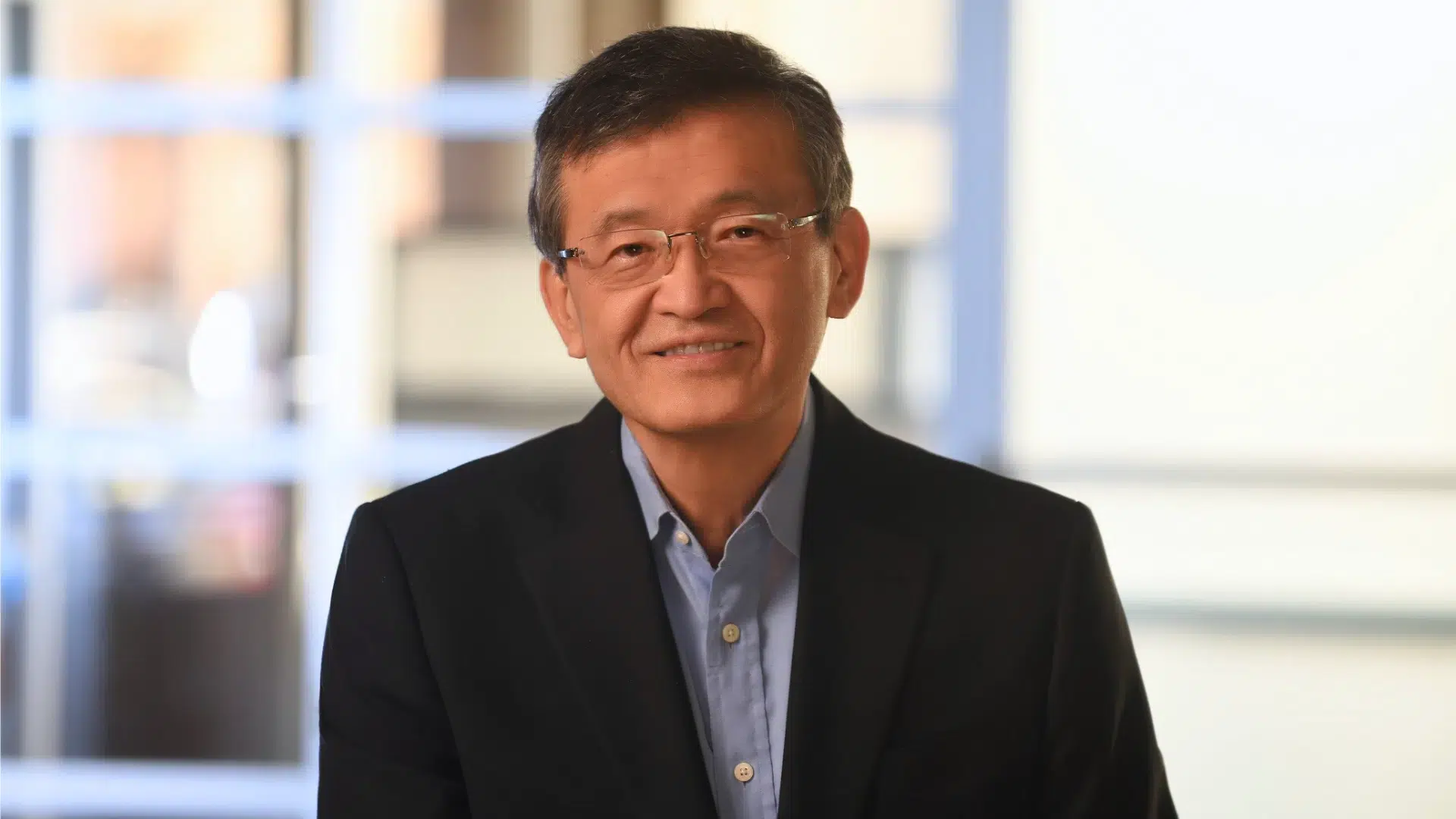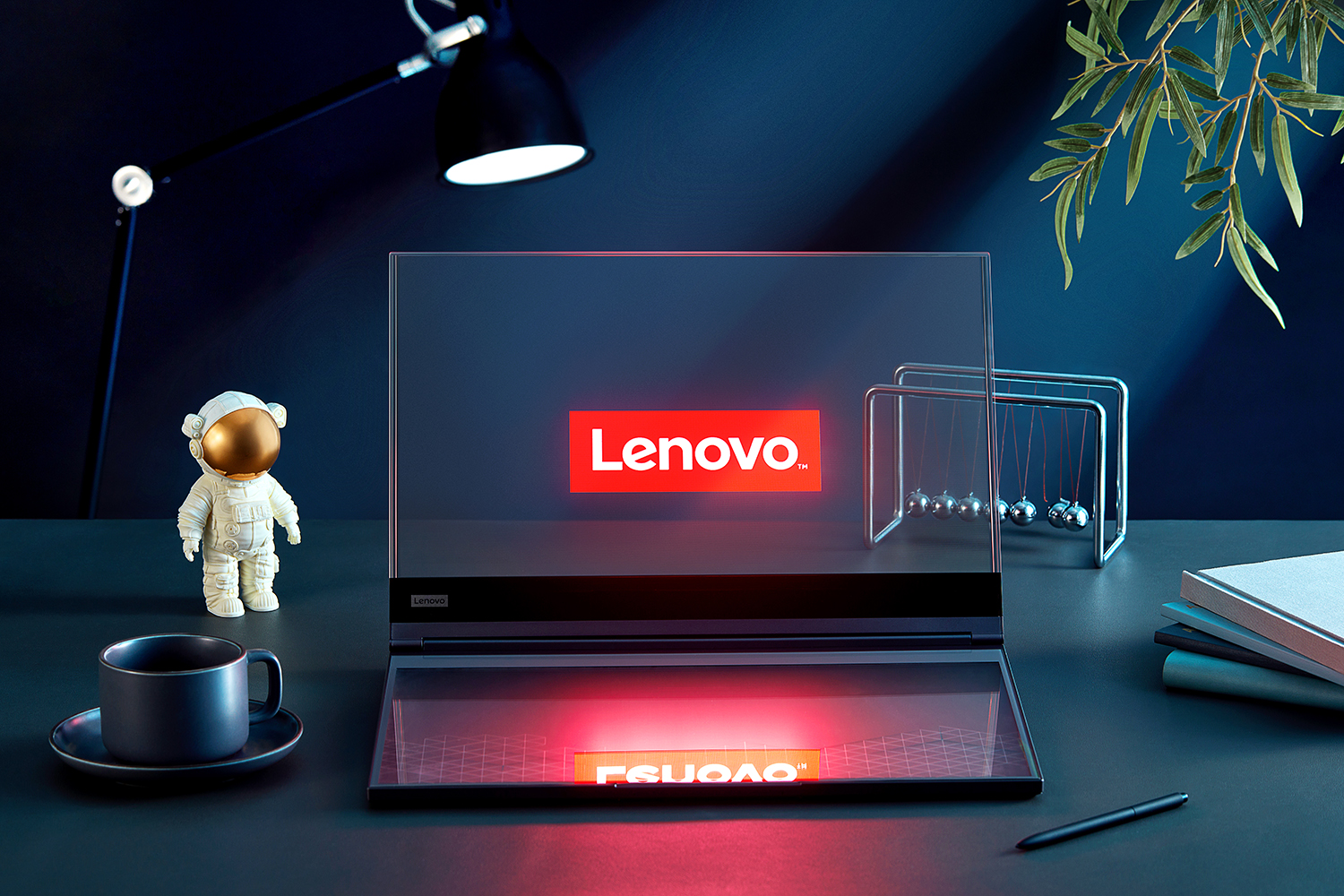Samsung Electronics, the world’s largest manufacturer of memory chips, is sharply raising prices for key components used in data centres. According to sources familiar with the matter, the prices of some DDR5 memory modules, which are essential for AI infrastructure, rose by as much as 60% in November compared to September. The move signals growing pressure on the global supply chain and heralds higher costs for the technology industry as a whole.
Samsung’s decision to increase so dramatically was preceded by an unusual delay in formally announcing contract prices in October. Rising prices for server chips, such as DDR5 modules, pose a serious challenge to technology giants investing billions in data centres.
Knock-on effects in the supply chain
The effects of shortages are already being felt throughout the market. Many of the largest server manufacturers are accepting the fact that they will not receive enough product and are paying significant price premiums. Concrete figures show the scale of the problem: the contract price of a 32 GB DDR5 module has risen from USD 149 in September to USD 239 today. Similar increases, in the order of 50%, have affected 16 GB and 128 GB modules.
However, the problem goes beyond the server rooms. Chinese smartphone manufacturer Xiaomi recently warned that rising memory prices are driving up the cost of producing phones. What’s more, China’s leading foundry SMIC reported that its customers are holding back orders for other types of chips because they are unable to secure the necessary memory modules to complete their products.
Samsung’s strategic win
While the market is struggling, for Samsung the shortage is a strategic blessing. The company, which until recently lagged behind rivals such as SK Hynix and Micron in the advanced AI chip segment (such as HBM), is now catching up thanks to its dominant position in the traditional DDR5 memory market. Analysts point out that this gives Samsung much more negotiating power.
Market forecasts suggest that this is only the beginning. Analysts at TrendForce expect Samsung to raise quarterly contract prices between October and December by 40-50%, well above the expected market average of 30%. The strength of demand is so strong that customers are already entering into long-term supply contracts for 2026 and 2027 in an attempt to hedge against further increases.












